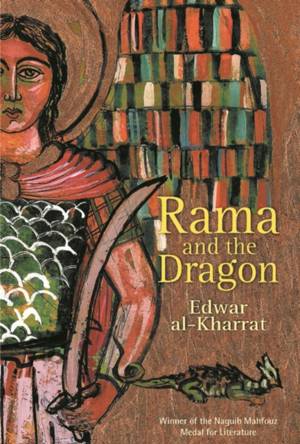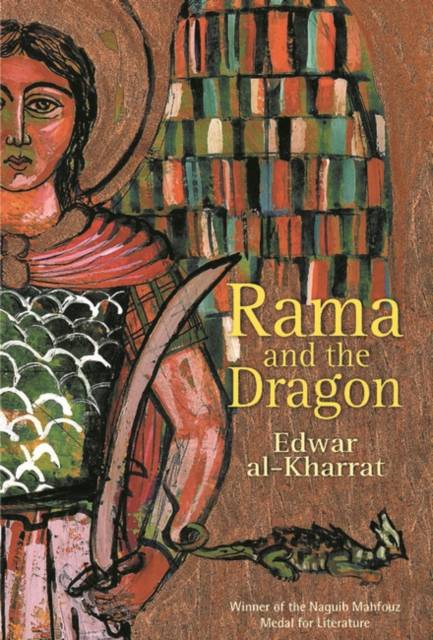
En raison d'une grêve chez bpost, votre commande pourrait être retardée. Vous avez besoin d’un livre rapidement ? Nos magasins vous accueillent à bras ouverts !
- Retrait gratuit dans votre magasin Club
- 7.000.000 titres dans notre catalogue
- Payer en toute sécurité
- Toujours un magasin près de chez vous
En raison de la grêve chez bpost, votre commande pourrait être retardée. Vous avez besoin d’un livre rapidement ? Nos magasins vous accueillent à bras ouverts !
- Retrait gratuit dans votre magasin Club
- 7.000.0000 titres dans notre catalogue
- Payer en toute sécurité
- Toujours un magasin près de chez vous
Description
Rama and the Dragon, a multi-layered novel about the depths of human experience and the struggle between polarities, on the surface presents a love story of unrequited passion between Rama the symbol of multiplicity and creativity and Mikhail the symbol of unity and constancy. Their story reflects the relationship not only between man and woman, Copt and Muslim, but also between Upper and Lower Egypt. Through a delicate grid of intertextual references and juxtaposed narratives, the dreams and hopes, fears and defeats of Rama and Mikhail move from the local to the global, corresponding to human dreams and anxieties everywhere. In this novel, Edwar al-Kharrat has created a unique form of narrative discourse in which he presents Egyptian realities and actualities of the 1960s and 1970s, with flashbacks to as early as the 1940s, in an aesthetic form that highlights historical moments while blending philosophical, mythical, and psychological perspectives in a literary parallel to the cinematic technique of montage. In their citation awarding al-Kharrat the Mahfouz Medal, the judges stated: "Rama and the Dragon is considered a breakthrough in the literary history of modern Arabic fiction."
Spécifications
Parties prenantes
- Auteur(s) :
- Editeur:
Contenu
- Nombre de pages :
- 340
- Langue:
- Anglais
- Collection :
Caractéristiques
- EAN:
- 9789774246760
- Date de parution :
- 15-11-04
- Format:
- Livre relié
- Format numérique:
- Genaaid
- Dimensions :
- 160 mm x 242 mm
- Poids :
- 680 g

Les avis
Nous publions uniquement les avis qui respectent les conditions requises. Consultez nos conditions pour les avis.






